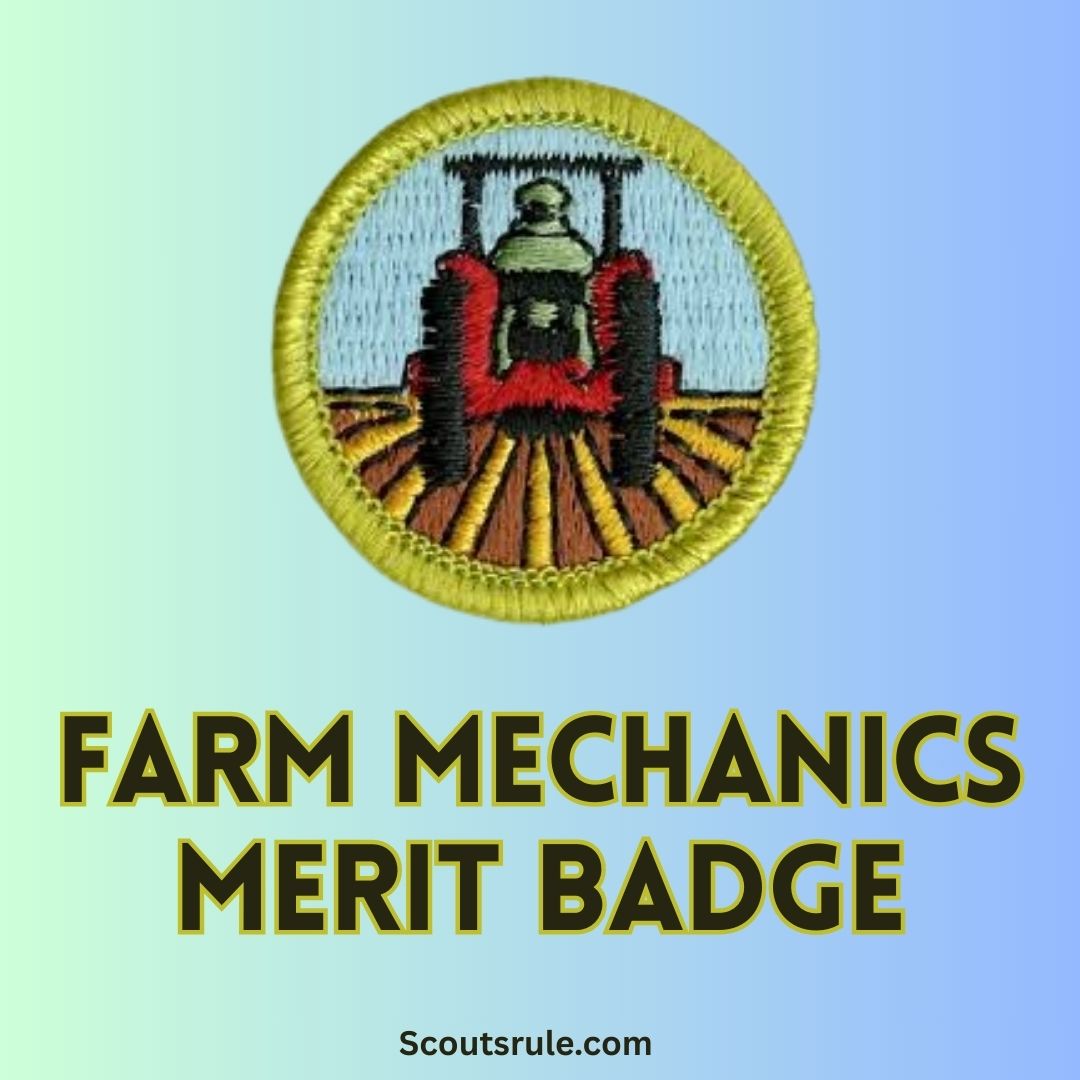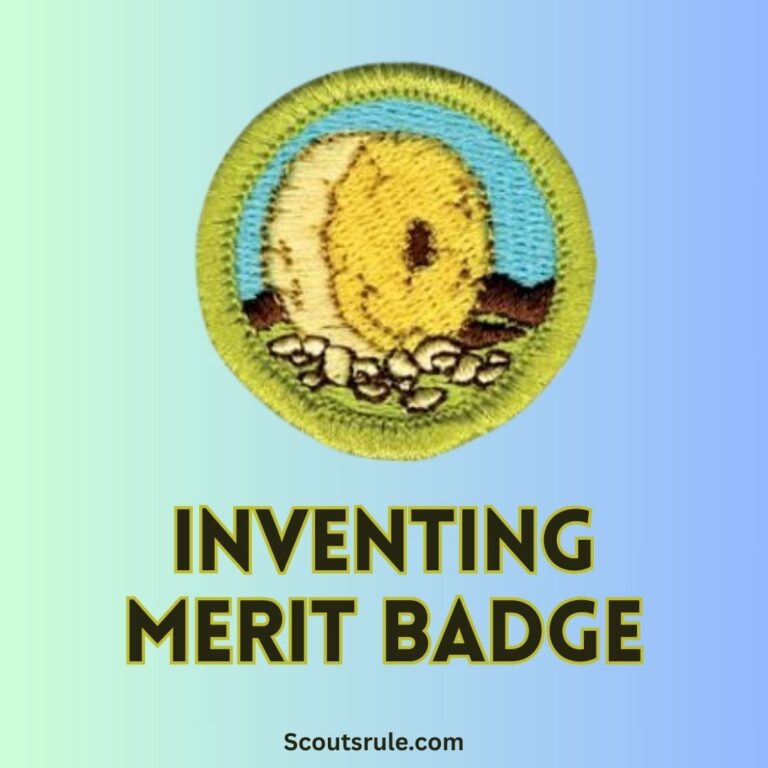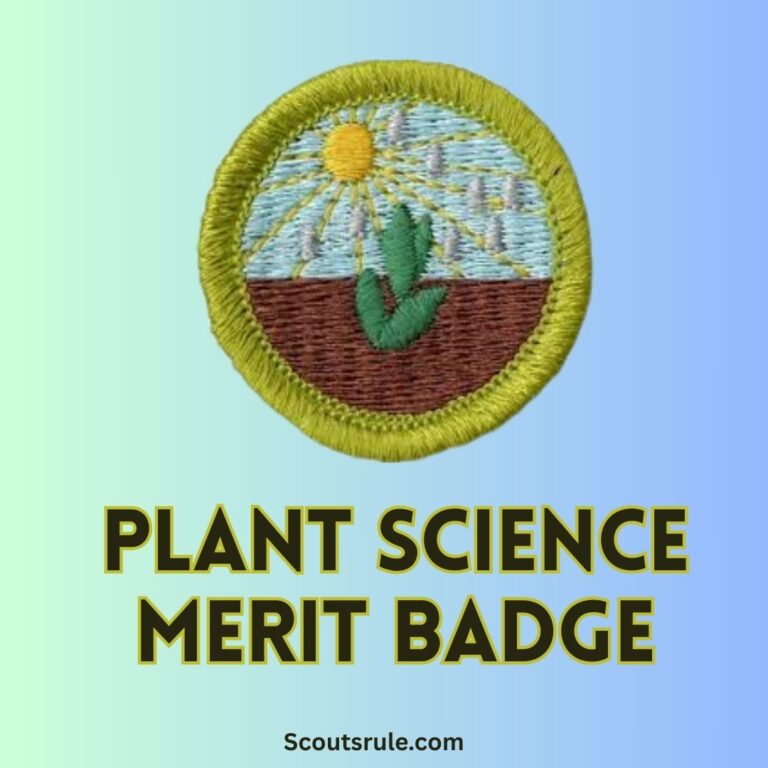
The Farm Mechanics Merit Badge is an excellent opportunity for Scouts to gain practical skills and knowledge related to farming and agriculture. This badge emphasizes hands-on activities, safety practices, and an understanding of the mechanical systems that keep farms operational. Below is a comprehensive guide to the requirements, activities, and insights for earning this badge.
Post Contents
- Introduction to Farm Mechanics
- Safety Practices
- Farm Shop Design
- Power Systems
- Tool Maintenance
- Machine Maintenance
- Winter Storage
- Visit an Implement Dealer
- Career Opportunities
- Additional Topics
- Conclusion
- Farm Mechanics Merit Badge FAQ’S
- 1. What is the Farm Mechanics Merit Badge?
- 2. What are the main requirements for earning this badge?
- 3. What safety equipment is required?
- 4. What tools are commonly used in farm mechanics?
- 5. What is a preoperational checklist?
- 6. What is involved in preparing a machine for winter storage?
- 7. What careers can Scouts explore through this badge?
Introduction to Farm Mechanics
Farm mechanics involves the maintenance, repair, and operation of equipment and tools used in agriculture. Scouts learn about the importance of safety, the functionality of farm machinery, and the skills needed to manage a farm efficiently. This badge not only imparts valuable life skills but also fosters respect for the hard work behind the agricultural industry.
Safety Practices
Safety is a critical aspect of farm mechanics. Scouts must demonstrate an understanding of the equipment, tools, and clothing required for safe operation and maintenance of farm machinery.
- Safety Equipment: Includes gloves, goggles, steel-toed boots, and ear protection. These items protect against injuries while working with heavy machinery or sharp tools.
- Safety Symbols: Scouts identify universal warning symbols on equipment, such as “flammable,” “electrical hazard,” or “sharp object.” Understanding these symbols ensures safe handling of machinery.
- Safety Data Sheets (SDS): Scouts learn about SDS, which provide information on hazardous materials like engine coolant, oil, grease, and fuel. They explain why SDS are essential for safe handling and storage.
Farm Shop Design
Scouts draw a plan for a well-equipped farm shop, highlighting mandatory safety devices and features. A farm shop typically includes:
- Workbenches: For tool repair and assembly.
- Storage Systems: Organized racks for nails, bolts, nuts, and washers.
- Safety Features: Fire extinguishers, first aid kits, and proper ventilation.
This activity teaches Scouts the importance of organization and safety in a workspace.
Power Systems
Understanding how power is produced and transferred in farm machinery is a key requirement. Scouts explain the following systems:
- Diesel Engines: Diesel engines use compression ignition to generate power. Scouts learn about the components, such as pistons, cylinders, and fuel injectors, and their roles in engine operation.
- Hydraulic Systems: Hydraulic systems use fluid pressure to operate machinery. Scouts explore how hydraulic pumps, valves, and cylinders work together to lift or move heavy loads.
- Transmissions: Transmissions transfer power from the engine to the wheels or other components. Scouts learn about gears, clutches, and drive shafts.
Tool Maintenance
Scouts demonstrate their ability to maintain and repair tools commonly used on farms. They complete two of the following activities:
- Replace Tool Handles: Scouts replace the handle of a hammer, axe, or other tool, ensuring it is securely attached.
- Organize Tool Storage: Scouts create a system for storing tools and fasteners, promoting efficiency and safety.
- Dress Mushroomed Heads: Using a hand file, Scouts properly dress the mushroomed head of a chisel or punch to prevent accidents.
- Dress Screwdriver Tips: Scouts use a hand file to restore the tip of a worn screwdriver.
These tasks teach Scouts the importance of tool maintenance and extend the lifespan of equipment.
Machine Maintenance
Scouts perform maintenance tasks on engine-powered machines, choosing one of the following activities:
- Routine Maintenance: Includes greasing fittings, changing oil and filters, cleaning air filters, and replacing fuel filters. Scouts learn how these tasks keep machinery running smoothly.
- Preoperational Checklist: Scouts create a checklist for inspecting machinery before use. This includes checking engine coolant, oil levels, hydraulic fluid, and battery voltage. They conduct a preoperational check using their checklist.
These activities emphasize the importance of regular maintenance in preventing breakdowns and ensuring safety.
Winter Storage
Scouts prepare a farm machine for winter storage, which involves:
- Cleaning the machine to remove dirt and debris.
- Draining fluids to prevent freezing.
- Lubricating moving parts to prevent rust.
- Covering the machine to protect it from the elements.
This task teaches Scouts how to preserve equipment during off-season periods.
Visit an Implement Dealer
Scouts visit a farm equipment dealer to learn about machinery maintenance and repair. They interview a dealer, technician, or service manager to gain insights into:
- Common issues with farm equipment.
- Tips for maintaining machinery.
- Innovations in agricultural technology.
This activity provides Scouts with real-world knowledge and exposure to the agricultural industry.
Career Opportunities
The Farm Mechanics Merit Badge introduces Scouts to career paths in agriculture and mechanics. They explore roles such as:
- Aerospace Operation Technicians: Focus on advanced machinery used in precision farming.
- Aerospace Engineers: Design and develop innovative farming equipment.
- Research Associates: Study soil and crop management to improve agricultural practices.
- Space Scientists: Investigate how space technologies can benefit farming on Earth.
These careers highlight the diverse opportunities available in the agricultural sector.
Additional Topics
To make this guide truly comprehensive, here are a few supplementary areas of exploration:
Environmental Impact
Scouts learn about the environmental challenges associated with farming, such as:
- Soil erosion caused by heavy machinery.
- Pollution from fuel and oil spills.
- Sustainable practices to minimize environmental harm.
Innovations in Farming
Scouts explore advancements in agricultural technology, including:
- GPS-guided tractors for precision farming.
- Drones for crop monitoring and spraying.
- Automated irrigation systems to conserve water.
History of Farm Mechanics
Scouts study the evolution of farming equipment, from manual tools to modern machinery. This includes the impact of inventions like the plow, tractor, and combine harvester.
Conclusion
The Farm Mechanics Merit Badge is a valuable opportunity for Scouts to develop practical skills, understand the mechanics of farming, and appreciate the hard work behind agricultural production. By completing these requirements, Scouts gain hands-on experience, learn about safety and maintenance, and explore career opportunities in the agricultural industry. This badge fosters a deeper connection to the land and the people who sustain it.
Farm Mechanics Merit Badge FAQ’S
Here are some frequently asked questions (FAQs) about the Farm Mechanics Merit Badge, along with concise answers to help Scouts navigate the requirements:
1. What is the Farm Mechanics Merit Badge?
The Farm Mechanics Merit Badge introduces Scouts to the mechanical systems and tools used in farming. It emphasizes safety, maintenance, and practical skills, such as repairing tools, maintaining machinery, and understanding power systems.
2. What are the main requirements for earning this badge?
Scouts must complete activities such as:
- Demonstrating safety practices and identifying warning symbols.
- Designing a farm shop with mandatory safety features.
- Explaining power systems like diesel engines and hydraulic systems.
- Performing tool and machine maintenance tasks.
- Preparing a farm machine for winter storage.
- Visiting an implement dealer to learn about machinery maintenance.
3. What safety equipment is required?
Safety equipment includes gloves, goggles, steel-toed boots, ear protection, and fire extinguishers. Scouts must also understand the importance of Safety Data Sheets (SDS) for handling hazardous materials.
4. What tools are commonly used in farm mechanics?
Tools include hammers, screwdrivers, chisels, wrenches, pliers, and files. Scouts learn to maintain these tools by replacing handles, dressing mushroomed heads, and organizing storage systems.
5. What is a preoperational checklist?
A preoperational checklist is a list of tasks to inspect machinery before use. It includes checking engine coolant, oil levels, hydraulic fluid, and battery voltage. Scouts create and use this checklist as part of the badge requirements.
6. What is involved in preparing a machine for winter storage?
Winter storage preparation includes:
- Cleaning the machine to remove dirt and debris.
- Draining fluids to prevent freezing.
- Lubricating moving parts to prevent rust.
- Covering the machine to protect it from the elements.
7. What careers can Scouts explore through this badge?
Scouts learn about careers such as:
- Service Technicians: Maintain and repair farm machinery.
- Aerospace Operation Technicians: Focus on advanced machinery.
- Aerospace Engineers: Design farming equipment.
- Research Associates: Study soil and crop management.

Hi, Robin here, A former lead Scout and here I share my inspiring stories about USA Scouts, leadership, adventure, how to guides and more.






